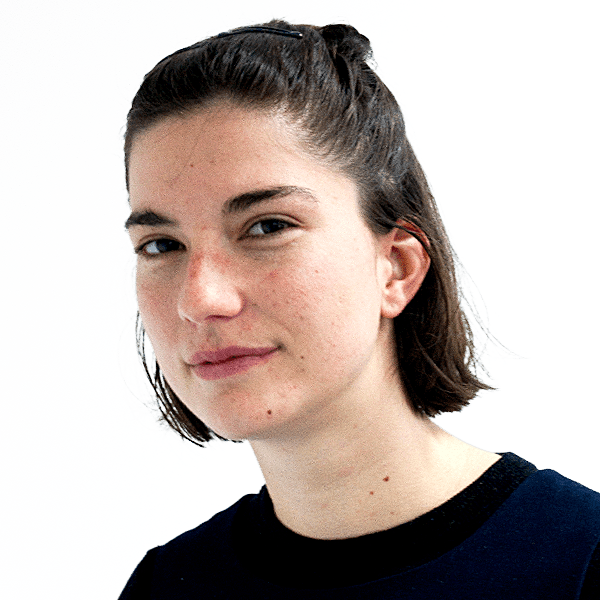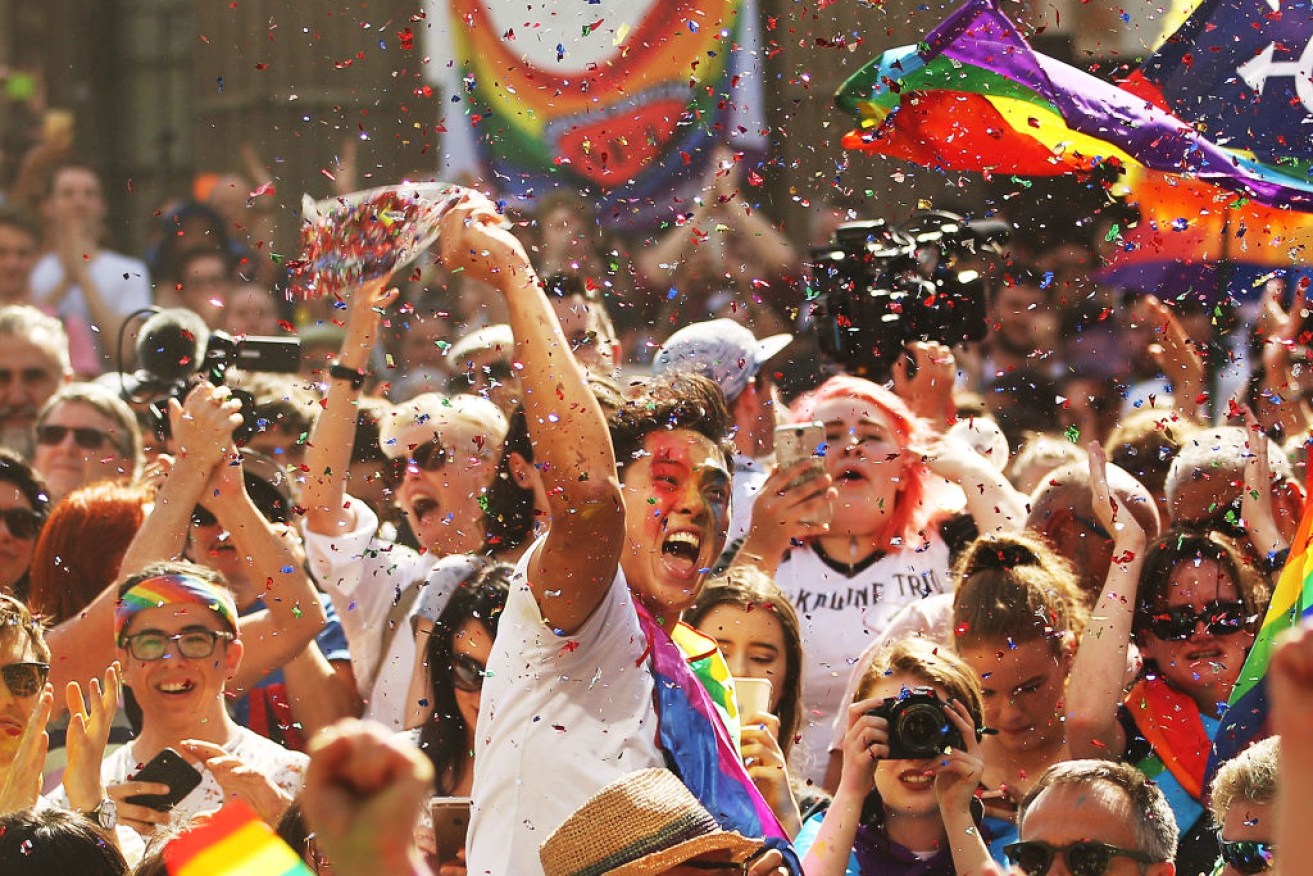Marriage equality: The surprise ‘yes’ and ‘no’ voters behind the same-sex marriage postal survey


The same-sex marriage vote was named among the most memorable moments in Australia's history. Photo: Getty
Australians have overwhelmingly voted for marriage equality, with 61.6 per cent of more than 12 million people ticking ‘yes’. But the voluntary postal vote for same-sex marriage also turned up some surprising results.
Every state and territory in the country recorded majority support for a change in the law to allow same-sex couples to marry. The lowest ‘yes’ vote was in New South Wales, at 58 per cent.
Just 17 electorates out of 150 nationwide voted against same-sex marriage. Perhaps surprisingly, more electorates with Labor members voted against same-sex marriage than Liberal-held seats.
‘No’ vote surprises
The electorates with the lowest ‘yes’ votes in the country were in Labor heartland of western Sydney.
Just 26 per cent of residents in Blaxland, held by Labor’s Jason Clare, said they supported the legalisation of same-sex marriage. Tony Burke’s seat of Watson had the second-lowest ‘yes’ vote, with 30 per cent. A little more than a third of voters (35 per cent) in McMahon, represented by fellow Labor MP Chris Bowen, ticked ‘yes’.

All three MPs hold their electorates with solid margins, and are expected to vote in favour of allowing same-sex couples to marry – despite the clear wishes of their constituents.
“I went to the last election with a clear public commitment that I would be voting yes. I will be keeping that commitment. That doesn’t change,” Mr Burke told The New Daily.
“My community knows that if they are treated with prejudice, vilified, or marginalised in any way I will stand up for them regardless of polls. The same applies to this issue.”
In a statement on Wednesday, he said it was time for ‘no’-voting communities to have a new conversation: “We need to get to the next stage of the conversation to explain why those who do not want the change will be unaffected by it.”
According to the 2016 Census, the three electorates have a strong Catholic and Islamic cohort.
In Blaxland, 29.2 per cent of residents were Islamic at the time of the Census, well above the national average of 2.6 per cent. Most residents (71 per cent) spoke a language other than English at home.
Anthony Albanese – the member for Grayndler, in inner-west Sydney, which scored an 80 per cent ‘yes’ vote – said the Muslim population was not solely to blame for lagging support in western Sydney.
“The Orthodox Christian community in particular had a very strong position about this issue and advocated strongly for a ‘no’ vote. I think it reflects in areas such as Parramatta as well, it reflects the diversity that’s there. But essentially the religious-based, faith-based organisations, whether they be Islamic or Christian, campaigned strongly and had those views,” Mr Albanese told Sky News on Wednesday.
In the 2016 election, the Christian Democrats – led by Fred Nile – was the third most popular party in the ‘no’ voting electorates of Blaxland, Watson and McMahon. The McMahon candidate had a 7.2 per cent primary vote, almost six per cent above the national Christian Democrats average, according to the Australian Electoral Commission.
Surprising ‘yes’ seats
Plenty of Liberal-held seats had surprises, too.
Former prime minister Tony Abbott, who campaigned nationwide for a ‘no’ vote, doesn’t appear to represent his constituents on the hot-button issue. A staggering 75 per cent of residents in his seat of Warringah, on Sydney’s North Shore, voted ‘yes’.
Conservative MP Kevin Andrews has not committed to voting for the bill proposed by Liberal colleague Dean Smith, citing concerns over religious freedoms. That’s despite 57 per cent of residents in his Victorian seat of Menzies voting ‘yes’.
Defending his position on Wednesday, Mr Andrews went so far as to say an Islamic baker should be able to deny a Jewish customer service – and vice versa.

Senator James Paterson this week proposed a rival bill that would roll back anti-discrimination protections to allow businesses to deny services related to gay weddings.
Queensland residents in Dickson voted in favour of same-sex marriage by 65 per cent. The seat is held by Immigration Minister Peter Dutton, a powerful Liberal conservative, who received just 51.6 per cent of votes with preferences at the 2016 election.
Where are the top ‘yes’ voters?
Support for marriage equality was most overwhelming in the Greens seat of Melbourne and Labor seat of Sydney – both 84 per cent.
Next were Melbourne Ports (Labor) at 82 per cent, followed by Prime Minister Malcolm Turnbull’s electorate of Wentworth at 81 per cent.
Mr Albanese’s Grayndler and the seat of Brisbane both voted ‘yes’ by 80 per cent. Brisbane is held by gay Liberal MP Trevor Evans.
Both sides of Parliament expect same-sex marriage to be legislated by the end of the year.









